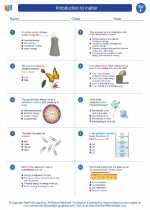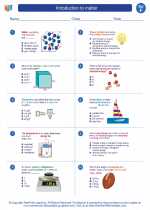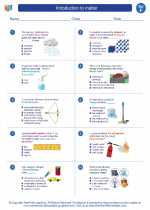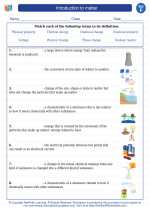Proteins
Definition: Proteins are large, complex molecules that are essential for the structure and function of the human body. They are made up of long chains of amino acids, which are the building blocks of proteins.
Structure of Proteins
Proteins have a complex three-dimensional structure that is essential for their function. The structure of a protein is determined by its sequence of amino acids, which are linked together by peptide bonds. There are four levels of protein structure:
- Primary Structure: The linear sequence of amino acids in a protein.
- Secondary Structure: The folding of the polypeptide chain into alpha helices or beta sheets.
- Tertiary Structure: The three-dimensional folding of the protein into its final, functional shape.
- Quaternary Structure: The arrangement of multiple protein subunits to form a functional protein complex.
Functions of Proteins
Proteins have diverse functions in the body, including:
- Enzymes: Proteins that catalyze chemical reactions in the body.
- Structural Proteins: Proteins that provide support and structure to cells and tissues.
- Transport Proteins: Proteins that transport molecules such as oxygen and nutrients in the body.
- Hormones: Proteins that act as chemical messengers in the body.
- Antibodies: Proteins that play a key role in the immune system, defending the body against pathogens.
Sources of Protein
Proteins are found in a variety of foods, including:
- Meat and poultry
- Fish and seafood
- Dairy products
- Eggs
- Legumes (beans, lentils, chickpeas)
- Nuts and seeds
- Tofu and other soy products
Protein Synthesis
Protein synthesis is the process by which cells build proteins. It involves two main steps:
- Transcription: The DNA sequence of a gene is transcribed into messenger RNA (mRNA) in the cell nucleus.
- Translation: The mRNA is translated by ribosomes into a specific sequence of amino acids, forming a polypeptide chain that folds into a functional protein.
Study Guide
Here are some key points to remember about proteins:
- Proteins are large, complex molecules made up of amino acids.
- Proteins have a complex three-dimensional structure determined by their sequence of amino acids.
- Proteins have diverse functions in the body, including enzymatic, structural, and transport roles.
- Proteins are found in a variety of foods, including meat, dairy, legumes, and plant-based sources.
- Protein synthesis involves transcription and translation to build proteins in the cell.
Understanding the structure, function, and synthesis of proteins is essential for understanding the biology of living organisms and human health.
.◂Science Worksheets and Study Guides Sixth Grade. Introduction to matter

 Worksheet/Answer key
Worksheet/Answer key
 Worksheet/Answer key
Worksheet/Answer key
 Worksheet/Answer key
Worksheet/Answer key
 Vocabulary/Answer key
Vocabulary/Answer key
 Vocabulary/Answer key
Vocabulary/Answer key
